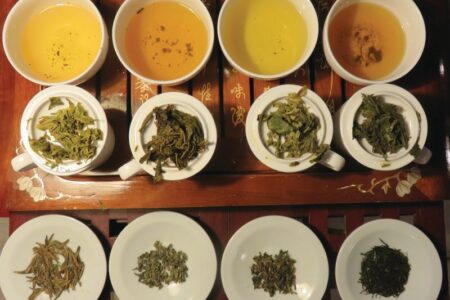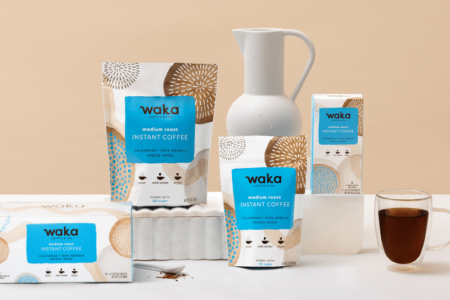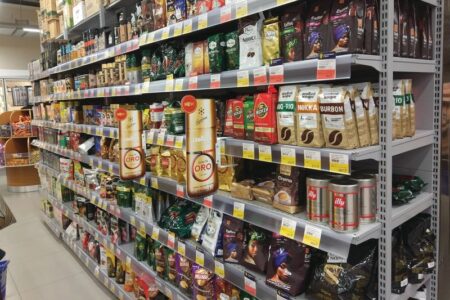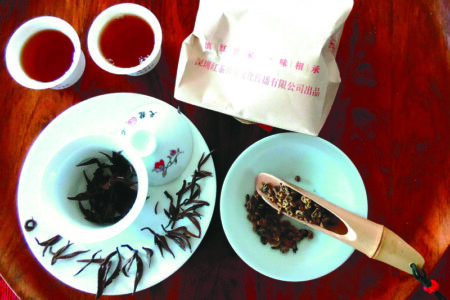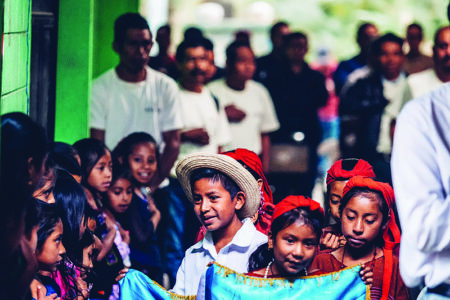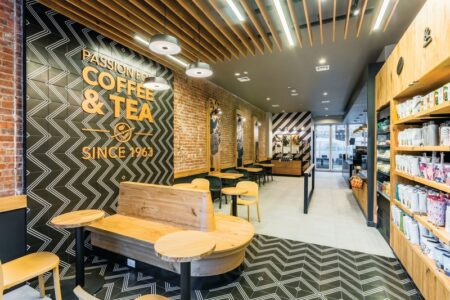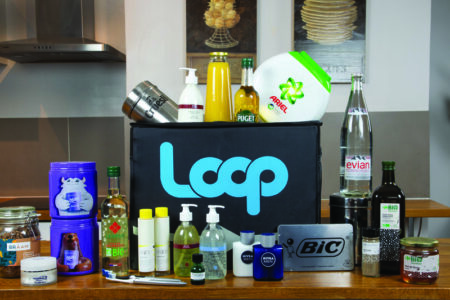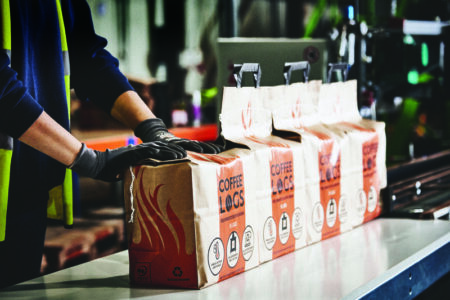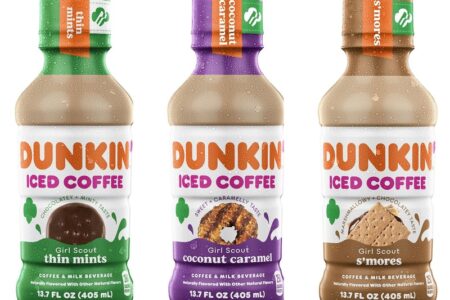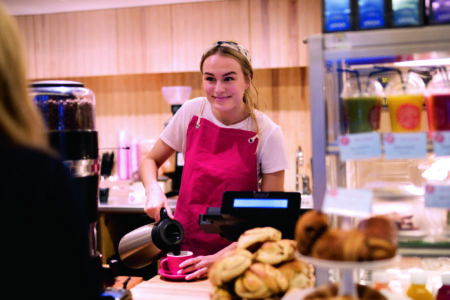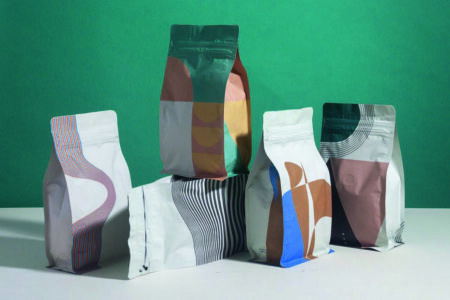Features
Mitigating the risk of cancel culture
The digital world in which we live has given rise to ‘cancel culture’. Holding brands/companies accountable for their words or actions is nothing new but doing so has never been easier than it is today, making the risks greater and the recovery – which is not always possible – more challenging.
Black tea remains trendy in Europe
After ending some 250 years of China’s imperial tea trade monopoly in 1842, Europeans have continued to drink black teas, but grown in their own colonial areas; the big buzz created by the arrival of green teas from China and Japan from 1980 onwards has boosted cup consumption but has not eroded the dominance of black tea.
The pandemic spurs an ever-increasing demand for wellness teas
As consumers actively seek food and beverages that support their physical and mental wellbeing, from boosting immune systems, enhancing moods, sustaining energy, and reducing stress, the functional/wellness category will continue to experience strong growth. For the tea industry, this is an opportune moment on which to capitalise.
The business case for sustainability
Implementing sustainable initiatives throughout the coffee and tea supply chains is not only good for the environment, the people and the product, it is simply good business.
The Coffee Bean & Tea Leaf prioritises expansion in North America
With the hope of ‘normalcy’ on the horizon and strong backing from its parent company, Sanjiv Razdan, The Coffee Bean & Tea Leaf’s president of Americas and India, discusses the chain’s plans for aggressive omni-channel expansion in North America.
Minimising the environmental footprint of packaging
Nerida Kelton, vice president, sustainability and save food at the World Packaging Organisation, discusses the use of Reusable & Refillable Programmes as strong possibilities to help brands minimise their environmental footprints.
Cultivating a circular economy in coffee
The potential to reuse coffee pulp, organic waste from pruning and other field activities as well as wastewater from coffee processing is underestimated. Used appropriately, these wastes can enhance the productivity of coffee farms and livelihoods of farmers.
Drink [coffee] to your mental health!
Covid-19 has made consumers look for healthy ways to combat stress, anxiety and depression by way of food and beverage items, with functional coffees being one of the most popular. Coffee brands can appeal to new consumers while differentiating themselves in the increasingly competitive world of functional products.
Raising the profile of Ceylon artisanal tea
Sri Lanka’s artisanal tea industry is small but growing as passionate producers revive old estates, create handcrafted teas and experiment with new varieties.
Healthy innovations & new consumers fuel US RTD coffee growth
Attractive across an increasingly wider range of US demographics, RTD coffee counts millennials, in particular, among its largest consumers, but targeting new consumers is also a key opportunity in drawing additional beverage drinkers into the fold.
Recognising the power and potential in Generation Z
It is the most diverse generation to date and holds billions in buying power and they are poised to spend even more as they age, Generation Z is the future. Brands across all industries have no choice but to get to know these consumers.
Consumers favour ‘new’ teas for mind & body
The pandemic and the sanitary restrictions, with less travel and much working out of home have generated increased demand for cups that bring additional benefits and invite new discoveries.
Coffee is still beloved in the Nordic states
Both coffee and tea markets in the Nordic region are ready for growth this year as consumption for these preferred hot beverages remains strong.
Sustainability drives packaging innovations
Driven by consumer demands for more eco-friendly products and manufacturers’ goals to cut costs by reducing material and energy usage, sustainability has become one of the most significant trends in the packaging industry, including end-of-line packaging.

